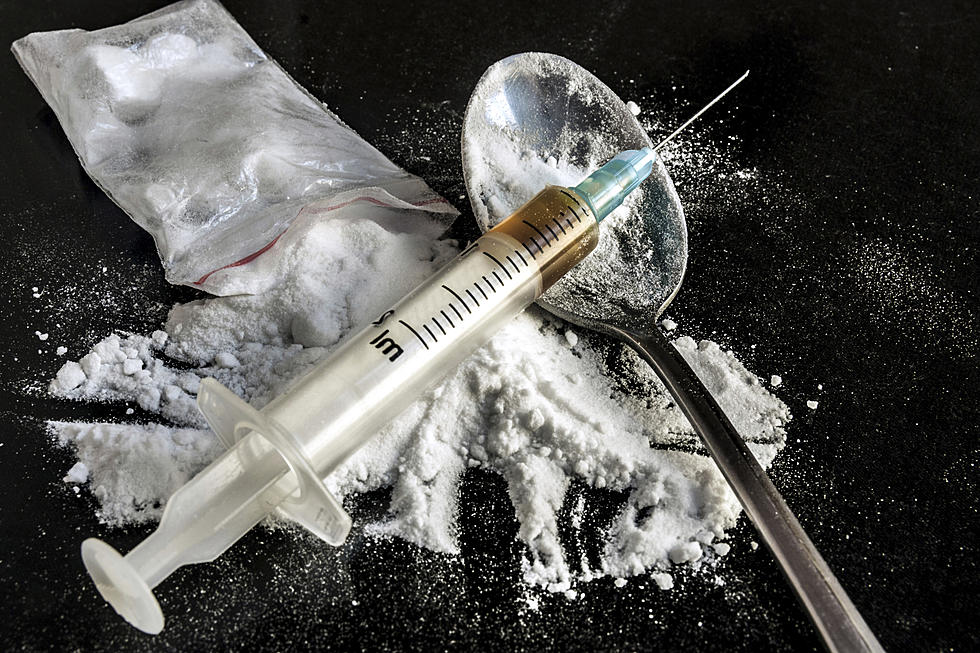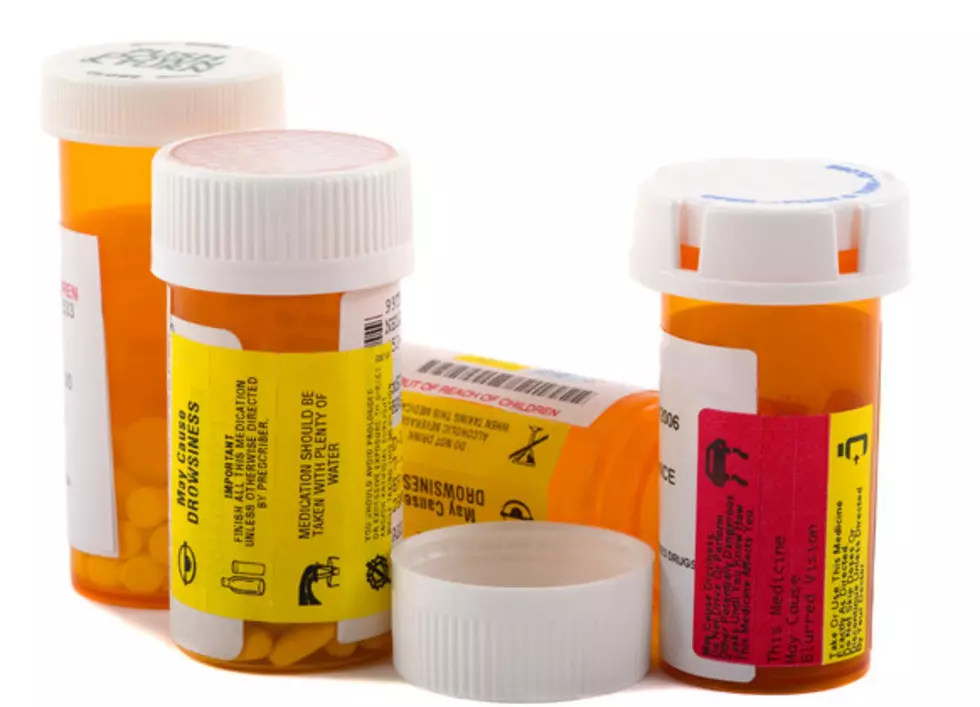
NJ Doctors Challenge New Limits on Prescription Pain Pills
MORRISTOWN — The New Jersey men and women with prescription pads in their front pockets are considered a partner with law enforcement in the fight against the opioid epidemic gripping New Jersey.
But a number of the state's physicians have some concerns about new rules dictating limitations on prescribing dangerous controlled substances, which have played a role in hundreds of drug overdose deaths over the years.
Those concerns were voiced clearly Thursday during a conversation led by the state Attorney General's Office at Morristown Medical Center. Officials aimed to inform Atlantic Health System physicians about the statewide rules put in place earlier this year, and take questions from the crowd.
Considered the toughest in the nation in the fight against opioid and heroin addiction, updated New Jersey law mandates that initial painkiller prescriptions be limited to a five-day supply for patients with acute pain. The prescription would be non-refillable until doctor and patient have a follow-up consultation, either at the office or over the phone.
But Richard Lander, a physician with Essex Morris Pediatrics, said as the system works now, doctors would be unable to bill for the time they spend on this consultation if it's not conducted in person. He's requesting the Attorney General's Office check to see if Medicaid could start recognizing these consultations in New Jersey.
Attorney General Christopher Porrino, who moderated the hour-long event, said that while he understands the frustrations in the medical community, his office likely doesn't have the power to make such a change.
"I think the vast majority of (physicians) understand that saving a life is a lot more important than getting paid for a consultation to extend a prescription," Porrino said. "We are preventing people from getting addicted to heroin by reducing the number of pain pills that are out on the street."
Porrino said about 1,600 people in New Jersey died of a drug overdose in 2015. Fatality numbers for 2016 have not been finalized, but Porrino said the count will be "significantly larger" than 2015.
Many of the 250-plus physicians on hand for the event argued with the Office's claims that electronic prescriptions are an option for physicians who need to follow up with a refill but may be unavailable at the five-day mark. Assistant Attorney General Sharon Joyce said some pharmacies may not accept this method.
One doctor said he was only able to engage in e-prescribing by spending $1,000 for a special tool.
There are over 33,000 active doctors in the Garden State. All are required to register for the New Jersey Prescription Monitoring Program, which keeps detailed information on the prescriptions of drugs in New Jersey and eight other states. When prescribing painkillers to a new patient, doctors much check the PMP for the patient's opiate usage history.
"We're currently investigating a number of matters where doctors are prescribing Schedule II opiates and have not registered for NJPMP, and obviously they're not using it," said Division of Consumer Affairs Director Steve Lee during the event.
Lee said the Division was willing to give doctors a chance to get used to the new regulations, but that time is up and doctors need to abide by the law.
Earlier this week, the state posted resources on the Board of Medical Examiners web page to spell out the latest rule changes for prescribers.
More from New Jersey 101.5:
Contact reporter Dino Flammia at dino.flammia@townsquaremedia.com.
More From WPG Talk Radio 95.5 FM










